Convocations
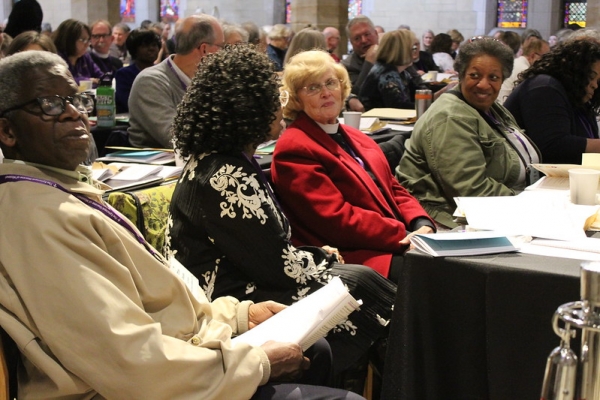
The Episcopal Diocese of Missouri is made up of 41 active parishes and missions, plus two young adult communities. Each of these individual congregations is part of a convocation within the Diocese.
The Standing Committee, in the spring of 2021, approved a redefined and renewed configuration and purpose for our convocations.
God continually invites us into a deeper sense of community and interconnectedness. God’s dream of Beloved Community can only be realized when we recognize our need for deeper companionship and collaboration that reflects the image of the Divine Trinity.
As a Diocese, we are called into an intentional time of discerning God’s call for our communities of faith that is rooted in the notion that we are one Church, the Body of Christ, in many locations. This requires that we must pivot from communities of faith ministering solo or in silos. We must be about mission together; collaboration and intentionality are the watchwords for our path forward.
- Bishop Deon Johnson
As of Jan. 1, 2022, we have four convocations, each named in honor of a prominent and faithful member from our Diocesan history. Click on the names to learn more about each convocation:
Elizabeth Dyer Convocation
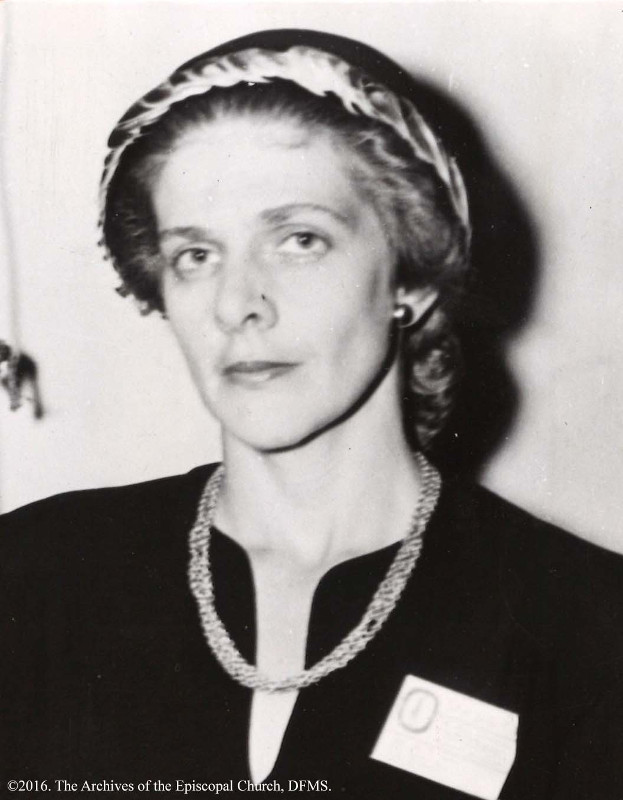
Elizabeth Dyer was the first woman elected to General Convention in the Episcopal Church.
The following congregations make up the Elizabeth Dyer Convocation:
- All Saints, Farmington
- Christ Church, Cape Girardeau
- Holy Cross, Poplar Bluff
- St. John and St. James, Sullivan
- St. Paul’s, Ironton
- St. Paul’s, Sikeston
- Trinity, DeSoto
- Trinity, St. James
- St. Vincent’s in the Vineyard, Ste. Genevieve
Emery Washington Convocation
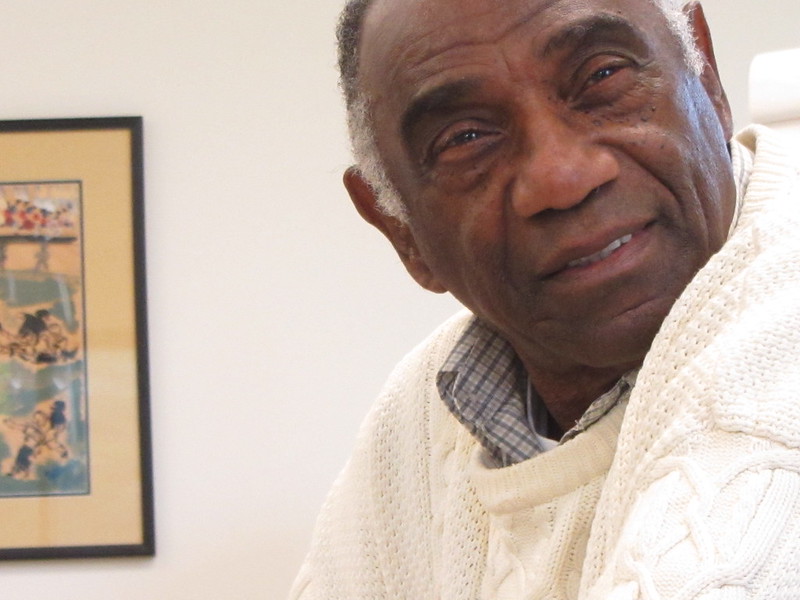
The Rev. Emery Washington was a social justice priest and statesman of the Diocese.
The following congregations are members of the Emery Washington Convocation:
- Advent, Crestwood
- All Saints and Ascension, Northwoods / St. Louis
- Christ Church Cathedral, St. Louis
- Emmanuel, Webster Groves
- Grace, Kirkwood
- Holy Communion, University City
- St. Barnabas, Florissant
- St. John’s, Tower Groves / St. Louis
- St. Mark’s, St. Louis
- St. Michael and St. George, Clayton
- St. Paul’s, Carondelet / St. Louis
- St. Peter’s, Ladue
- St. Stephen’s, Ferguson
- St. Thomas, Crestwood
- Trinity, Central West End / St. Louis
Visit the webpage for the Emery Washington Convocation.
Jackson Kemper Convocation
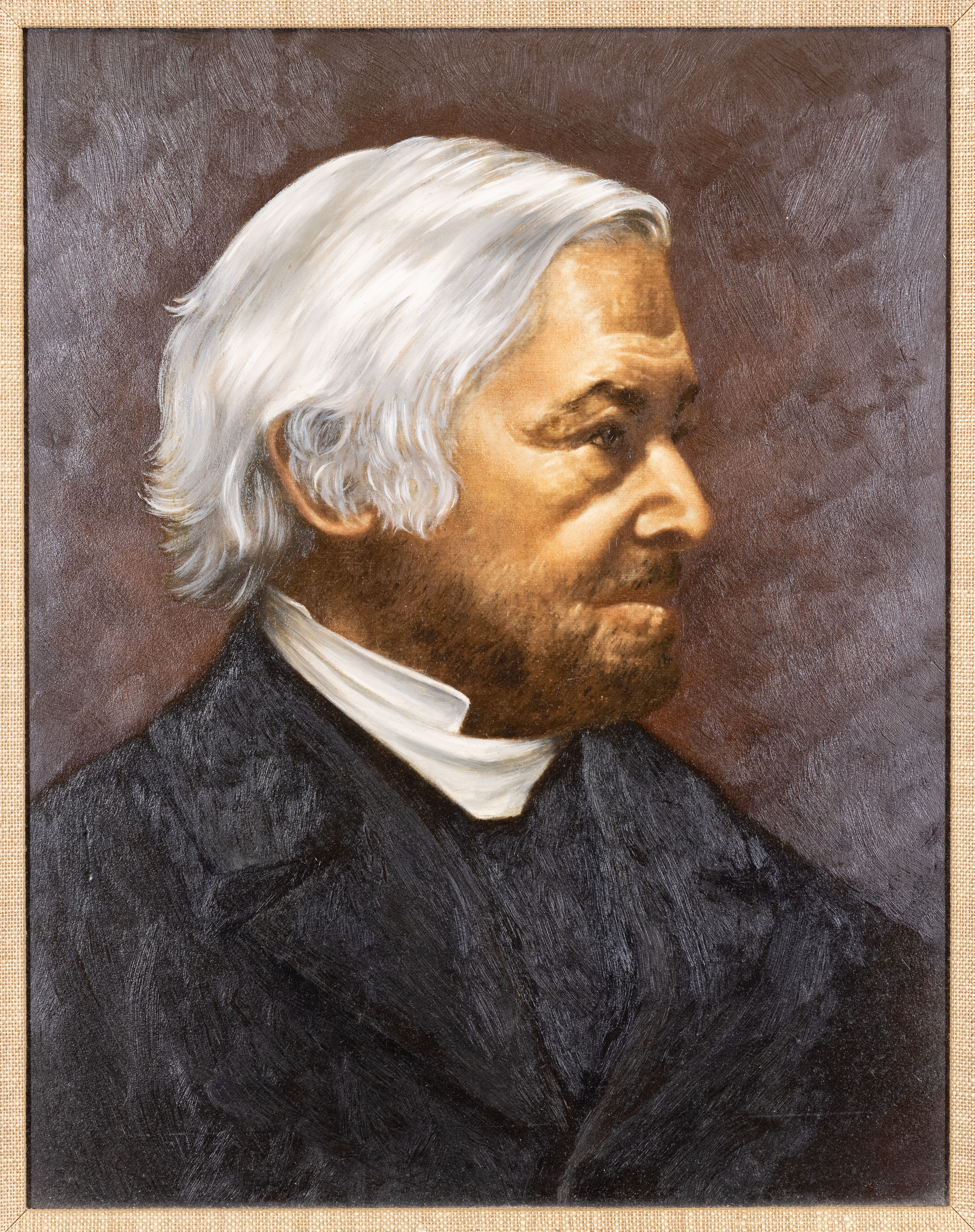 Bishop Jackson Kemper was a missionary bishop and founder of the Diocese.
Bishop Jackson Kemper was a missionary bishop and founder of the Diocese.
The following congregations make up the Jackson Kemper Convocation:
- Calvary, Louisiana
- Faith Christian Church of India, Ballwin
- Hope Episcopal Church, Town & Country
- St. Francis, Eureka
- St. John’s, Eolia
- St. Martin’s, Ellisville
- St. Timothy’s, Creve Coeur
- Transfiguration, Lake St. Louis
- Trinity, Hannibal
- Trinity, St. Charles
Jane Dey Convocation
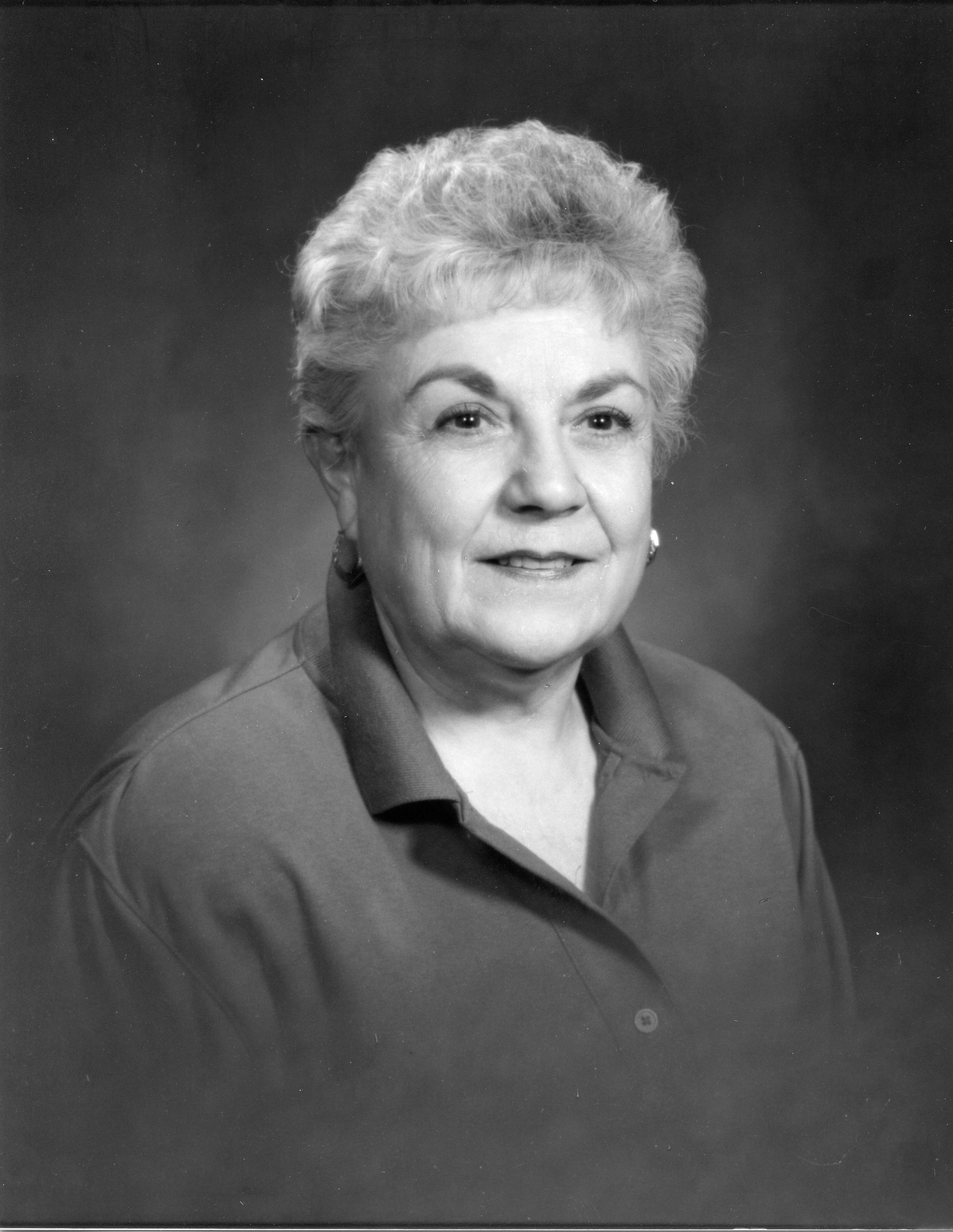
The Rev. Jane Day was the first woman ordained as a Deacon in the Diocese.
The following congregations make up the Jane Dey Convocation:
- Calvary, Columbia
- Christ Church, Rolla
- Deaconess Anne House, St. Louis
- Grace, Jefferson City
- Rockwell House, St. Louis
- St. Alban’s, Fulton
- St. Mark’s, Portland
- Trinity, Kirksville
- St. Matthew’s, Mexico (currently inactive)
Convocation Membership:
All members of our churches and ministries are welcome to attend convocation meetings and events.
All clergy and diocesan convention delegates are voting members in their convocations. Please submit a list of your convention delegates so we can maintain our communications:
Convocation Purpose:
Convocations exist to further the mission of the Diocese through collaboration and shared mission and ministry goals. Each convocation is tasked with developing and carrying out a regional strategy for the communities of faith that make up each convocation.
Convocation Leadership:
Each convocation elects a Dean (clergy member) and a Warden (lay member) for two-year terms (can be re-elected after a one-year hiatus). The Deans and Wardens will meet regularly with the Bishop.
Each convocation also elects three members (one clergy member and two lay members) to serve a two-year term on Diocesan Council. Members can serve two consecutive terms and may be re-elected after a one-year hiatus.
Elected convention delegates from every parish in the convocation are voting members of their convocation.
*Leadership elections should take place by February 15 of each year, following Diocesan Convention.
Convocation Rules and Expectations:
Each convocation should meet at least four times each year to conduct business meetings, leadership development, retreats, fellowship activities, convention planning, etc.
Convocations should develop a regional mission strategy in conjunction with the Diocesan Offices. That strategy should reflect the current Diocesan mission priorities.
Leadership elections should take place by February 15 of each year, following Diocesan Convention.
Each convocation should plan an annual celebration of the patron of the convocation.
Convocations should regularly communicate with the communities of faith that make up their convocation (through newsletters, emails, Zoom meetings, learning events, etc.).
In consultation with the Diocesan Director of Communications, each convocation should develop and maintain a presence on the Diocesan website.